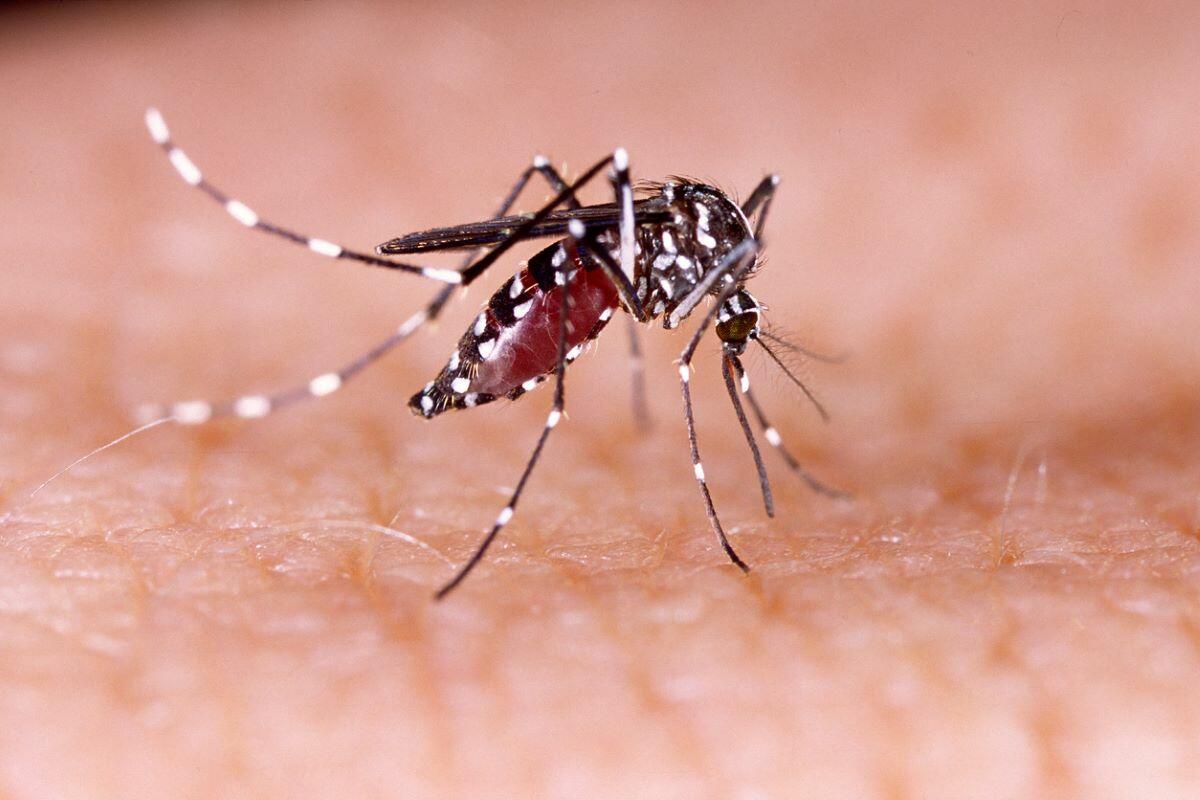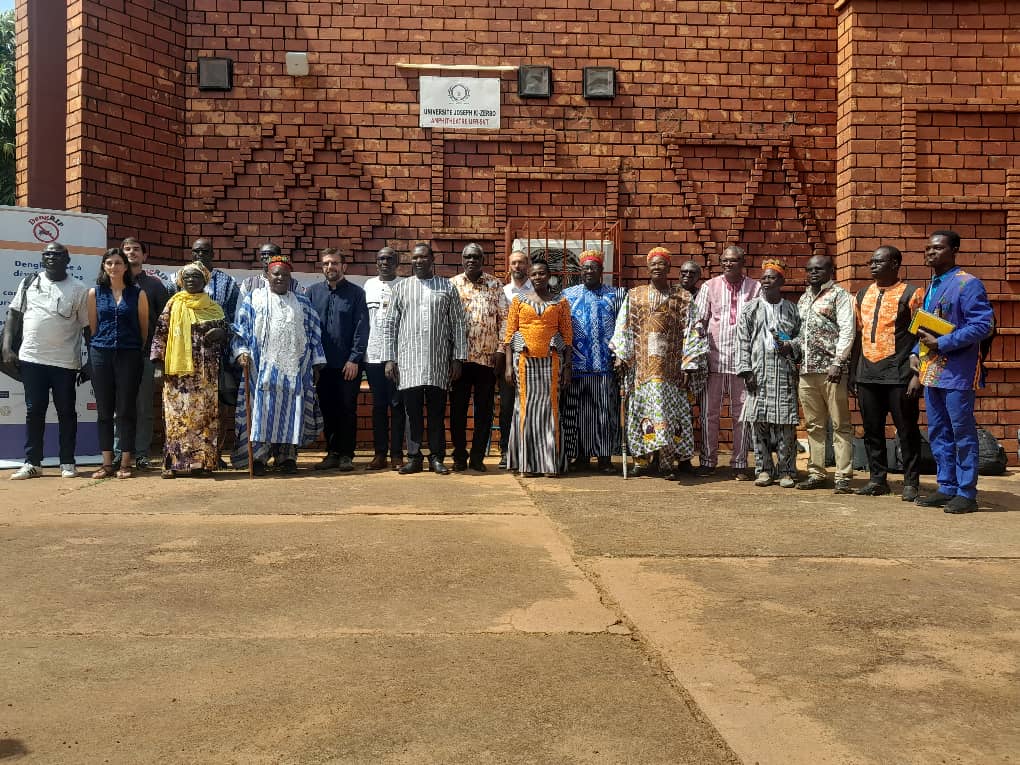
Researchers will work with local communities in Burkina Faso to develop methods for mosquito surveillance, control and disease outbreak prediction, to tackle the growing threat of dengue in the country.
Dengue is transmitted to humans by infected Aedes mosquitoes, and while many infections are mild, the virus can occasionally cause more severe disease and prove fatal. Targeting Aedes mosquitoes is currently the most effective way of tackling the diseases they transmit.
Dengue has seen a global resurgence due to urbanisation, globalisation and climate change, with 2024 set to be the year with the most reported cases on record. Africa has seen a tenfold rise in cases in the past five years, with Burkina Faso the continental hotspot, where regular outbreaks have occurred since 2016. Effective methods to predict and control dengue are urgently required in Africa.
The Dengue Risk Investigation for Preparedness (DengRIP) project, funded by NIHR, is led by Liverpool School of Tropical Medicine and University Joseph Ki-Zerbo in Ouagadougou in partnership with the Institut de Recherche en Sciences de la Santé (IRSS) in Burkina Faso, Institut de recherche pour le Développement (IRD) in France, Consejo Superior de Investigaciones Científicas (CSIC) in Spain, Oxford University and the University of Glasgow in the UK.
The project, based in Ouagadougou, aims to develop community-embedded approaches for mosquito surveillance, control and risk prediction to better prepare and respond to outbreaks of dengue and other arboviral diseases (viruses spread by mosquitoes), such as chikungunya and Zika.
The DengRIP project will model the abundance, distribution, and behaviour of Aedes aegypti. This will involve extensive data collection on mosquito genetics, human exposure to bites, and environmental factors driving mosquito abundance.
Researchers will also implement community-based surveillance using the Mosquito Alert mobile app, which allows citizens to report mosquito sightings, bites and larval sites. Trials of methods to control adult and larval mosquitoes will also be conducted, accompanied by social science research to investigate community experiences and acceptability.

Dr David Weetman, Reader in Vector Biology at LSTM and co-lead on the project said: “The multidisciplinary project team will work with ministries and communities in Ouagadougou to target solutions to the growing problem of viral diseases transmitted by Aedes aegypti mosquitoes.
“For many years research into the biology and control of Aedes mosquitoes in Africa has lagged behind that in Latin America and South East Asia. With the rapidly growing problem of dengue in Africa, it is essential that this deficiency is addressed to protect the expanding urban populations who are particularly at risk. By integrating scientific research with community action, the DengRIP project aims to create sustainable solutions to reduce the incidence of arboviral diseases and improve public health preparedness in West Africa.”
Athanase Badolo, Professor at the University of Joseph Ki-Zerbo and co-lead on the project said: “DengRIP could be a game changer for the dengue situation in Burkina Faso. By developing new and accurate composite indices for dengue risk prediction and by involving the community in entomological surveillance through citizen science, and community-based larval source management, we aim to avoid the situation of repeated recent outbreaks in recent years including the 2023 outbreak which resulted in more than 150,000 cases and 709 deaths.
“Involving stakeholders from the Ministry of Health and the municipalities and the community leaders, from the beginning of DengRIP will translate project results into action, to improve of lives of 26 million Burkinabè people.”